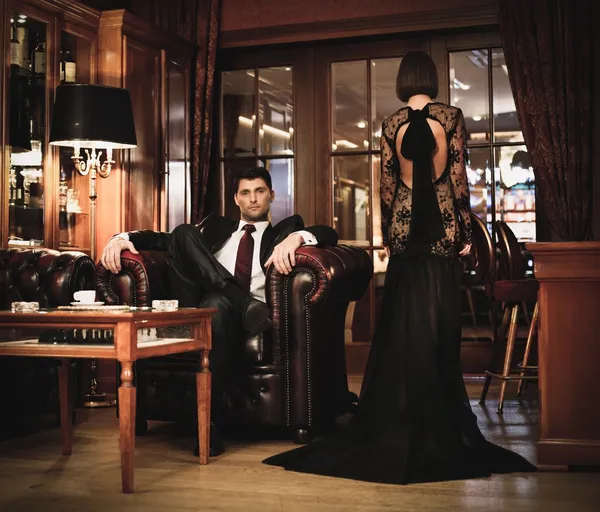When Gabrielle Zevin ’91 wrote regarding her own choice not to marry in the internet pages of PAW, she understood her adventure would ignite controversy. But in addition, she knew her piece can offer a glance into a future of intimacy that might be quite different via what came up before it—even as the institution of marriage continues to evolve and endure.
For many, thinking about a long term commitment seems an obvious tenet of our relations. Of course, the stability of marriage https://gaycircus.net/ is considered to promote strong families, community values, and social cohesion itself, as a means of keeping society healthy and functioning. The decline of lifelong marital life, in turn, can be considered one of the main produce social ills like lower income, delinquency, and poor academics overall performance among kids.
Nevertheless for some, the concept of a long term alliance simply isn’t as desirable as it was previously. In fact , the number of people who for no reason get married was rising continuously in recent decades, while using proportion of adults that have never wed now more than it was in 2006.
A few researchers are predicting a “marriage crisis” based on these types of trends. They will argue that a regular model of marriage, which highlights relationship résolution (epitomized inside the vow of “till loss of life do all of us part”) and contrasting gender tasks, is being supplanted by a even more pragmatic, reasonable eye-sight of intimacy. This model will involve establishing trust through strong communication and maintaining a deep reference to your partner, however it is not really tied to an ultimate target or long term arrangement.
This even more fluid eyesight of intimacy may show you why so a large number of American real love today agree with same-sex matrimony and childfree marriage, while rejecting commuter marriages and sexually open human relationships. Moreover, ten years younger generations are much less constrained by the same social best practice rules that have designed older generations’ attitudes toward romance.

In this new era of relationship overall flexibility, it’s still possible that many people will want to marry for the same reasons that they always have—to share inside the joys and strains of a lifetime together and create a strong foundation for family and the community. But others will likely choose something more flexible, a model that enables them to have a more tested approach to intimacy and perhaps gain more of the freedoms that come with unfettered sexual, intellectual, and emotional pursuit. It’s a foreseeable future that claims to be simply because diverse simply because the many ways in which we get connected to our companions today.
